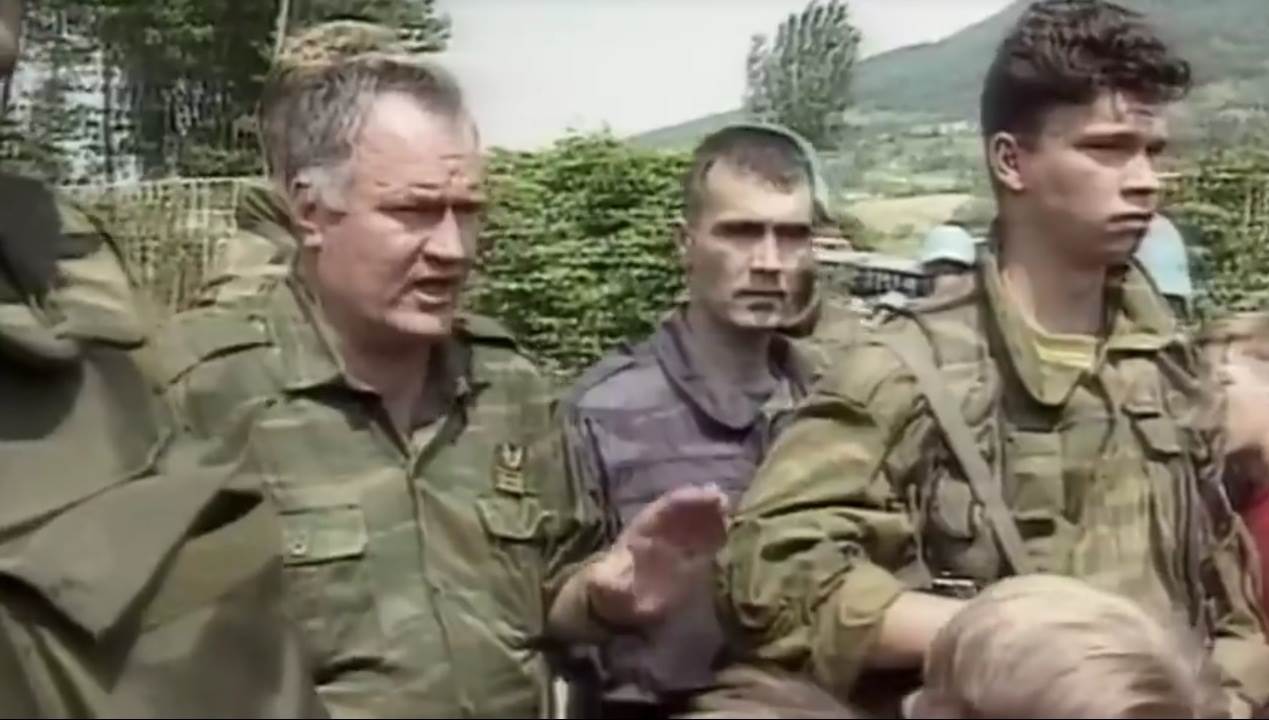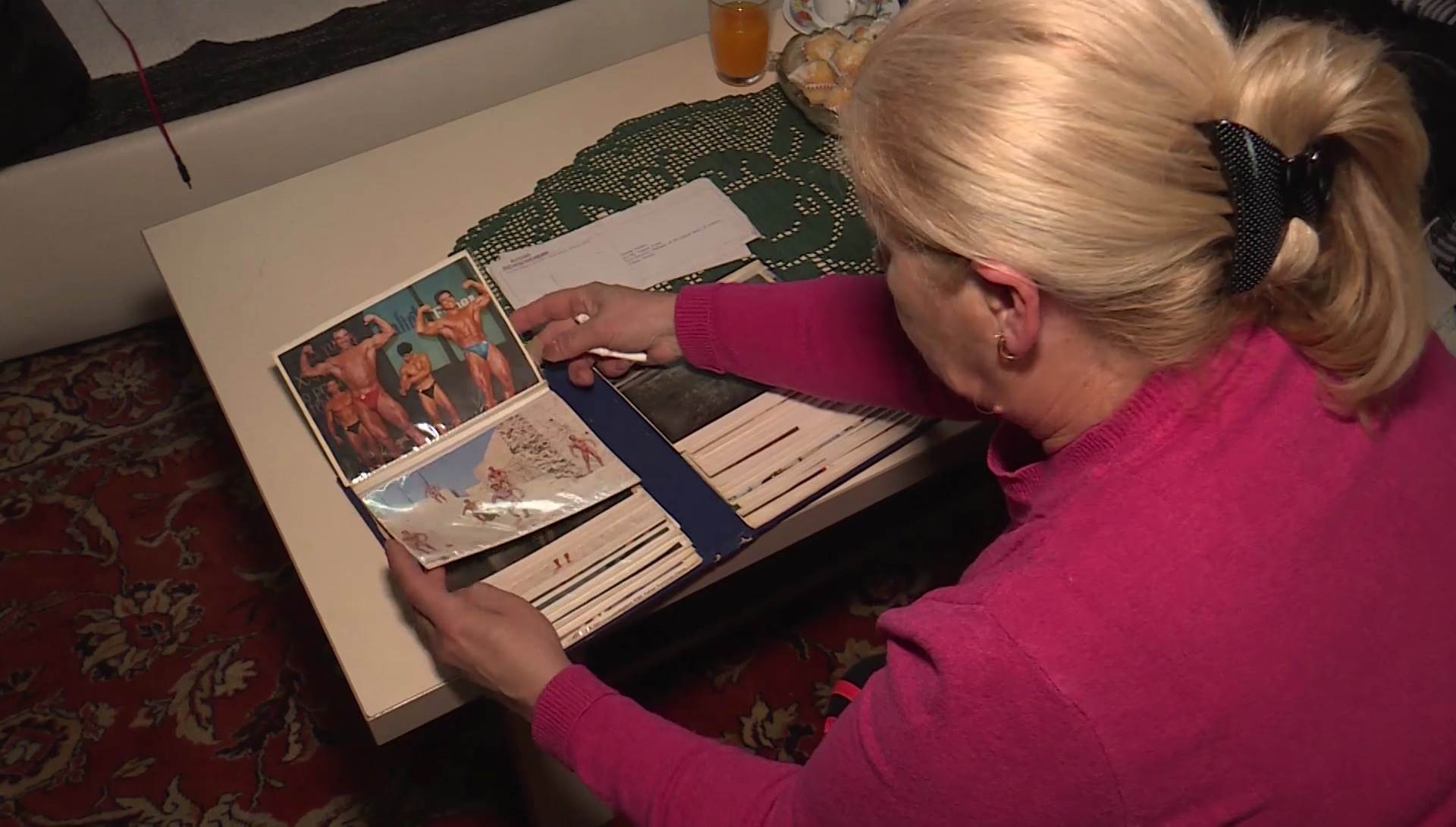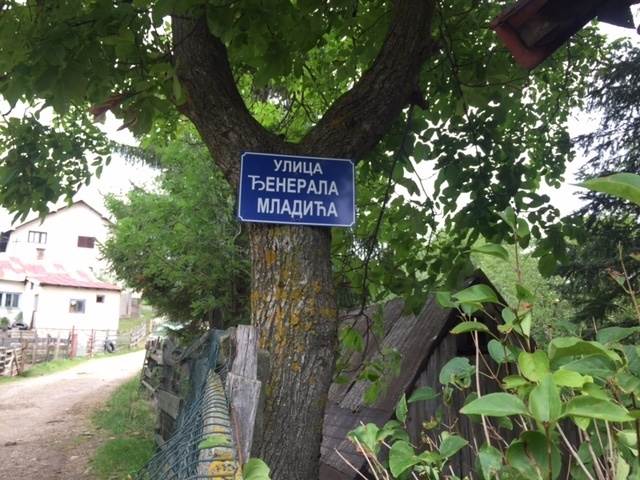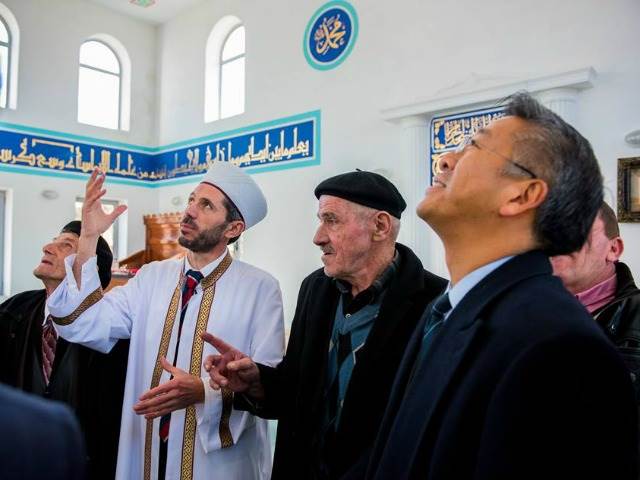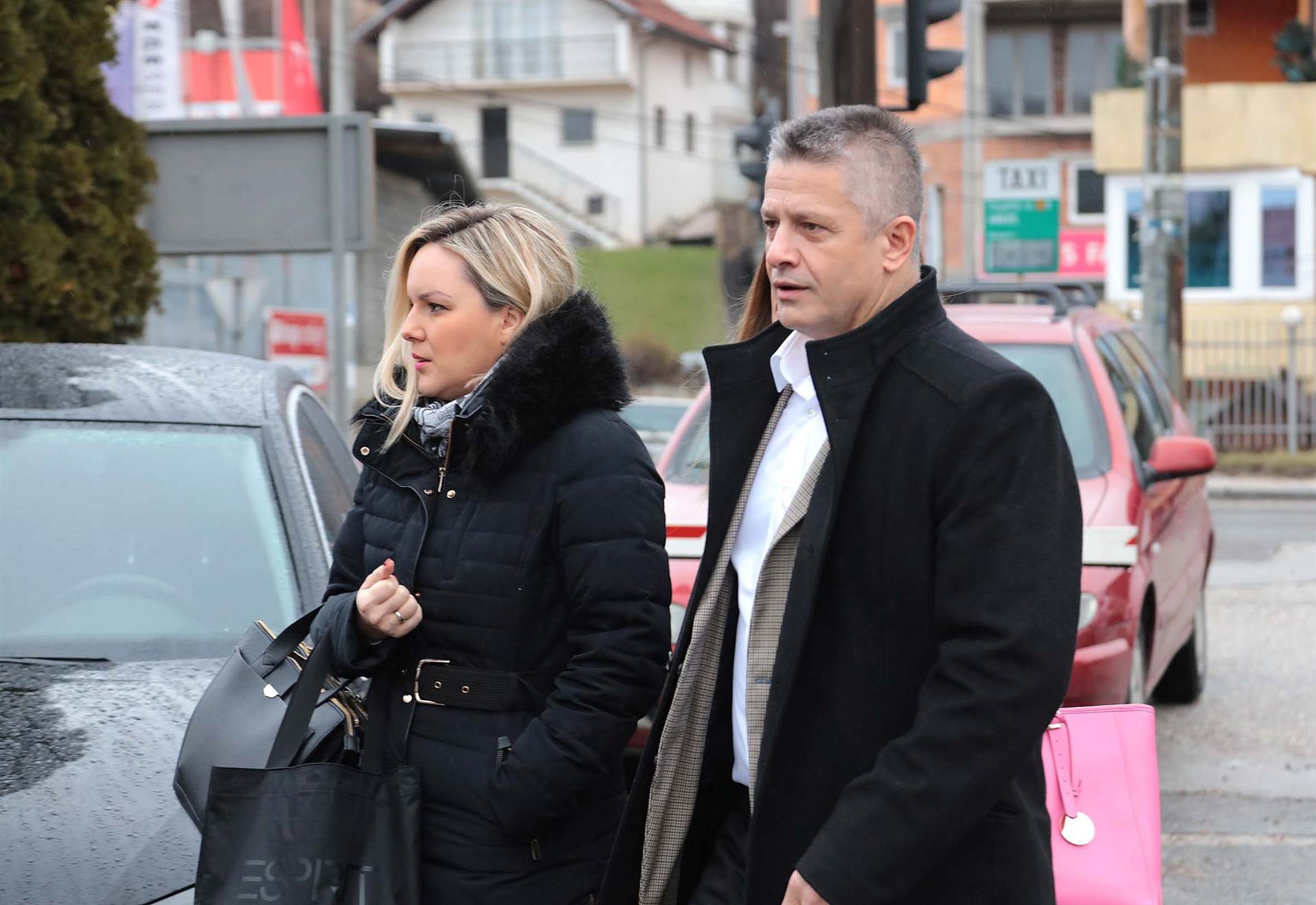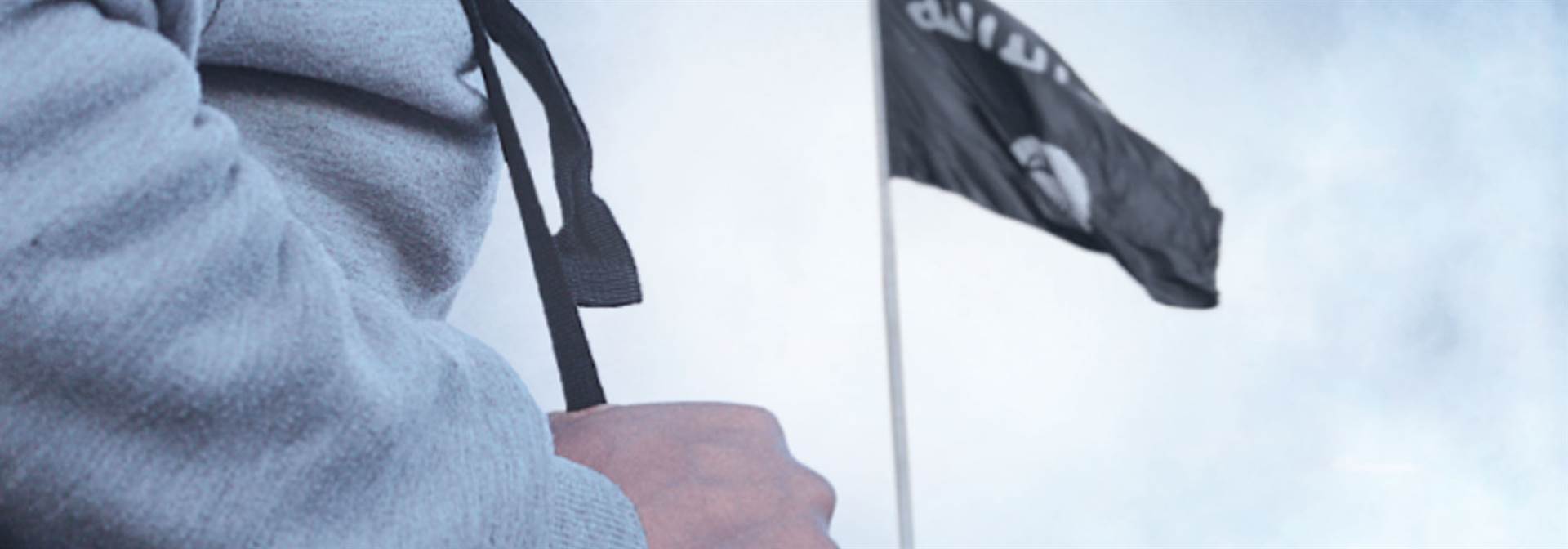During 16 years on the run, Bosnian Serb military chief Ratko Mladic was aided by Serbian officers, his Bosnian comrades and his family - but Serbia seems determined to keep...
Yugoslav bodybuilding star Fikret Hodzic was a victim of the 1992 campaign of military persecution for which former Bosnian Serb Army chief Ratko Mladic faces judgment next week - but...
The former Bosnian Serb commander’s relatives still live in the rural village where he was born and where a street is named after him - and they insist he was...
He was a devoted Yugoslav soldier, then a war crimes suspect on the run - now former Bosnian Serb military chief Ratko Mladic awaits his verdict for the worst atrocities...
Balkan youth have been an easy target for extremists seeking to radicalise them and convince them to fight abroad, but now parents, activists and official Islamic organisations are striking back.
The trial of Naser Oric, the Bosnian Army’s former commander in Srebrenica who is accused of killing Serb prisoners of war, centred on a key witness’s testimony - but was...
Ahead of his war crimes verdict, Naser Oric, a wartime defender of Srebrenica who once worked as Slobodan Milosevic’s bodyguard, says he is “loved” by Bosniaks - but is also...
Four activists from Bosnia and Herzegovina have been conducting an unofficial campaign to place temporary memorial signs at sites where people suffered during wartime but where no permanent monument exists.
Some jihadis from the Balkans who travelled to the Syrian conflict zone to support Islamic State told BIRN that they returned home because they became disenchanted with the brutality, poverty...

